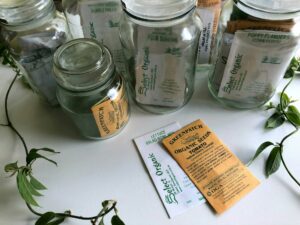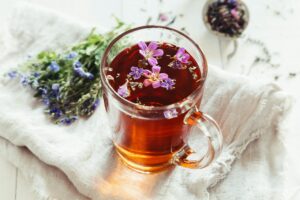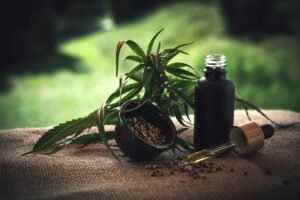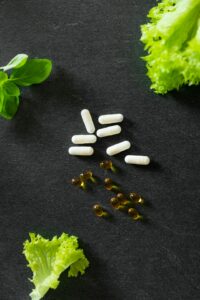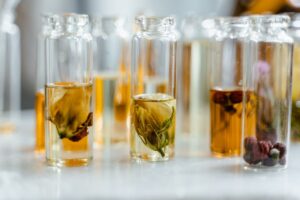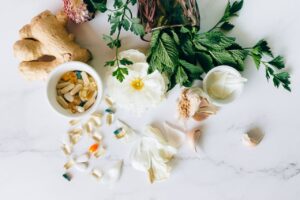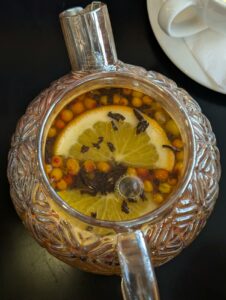Why Not All “Natural” Herbs Are Safe to Eat
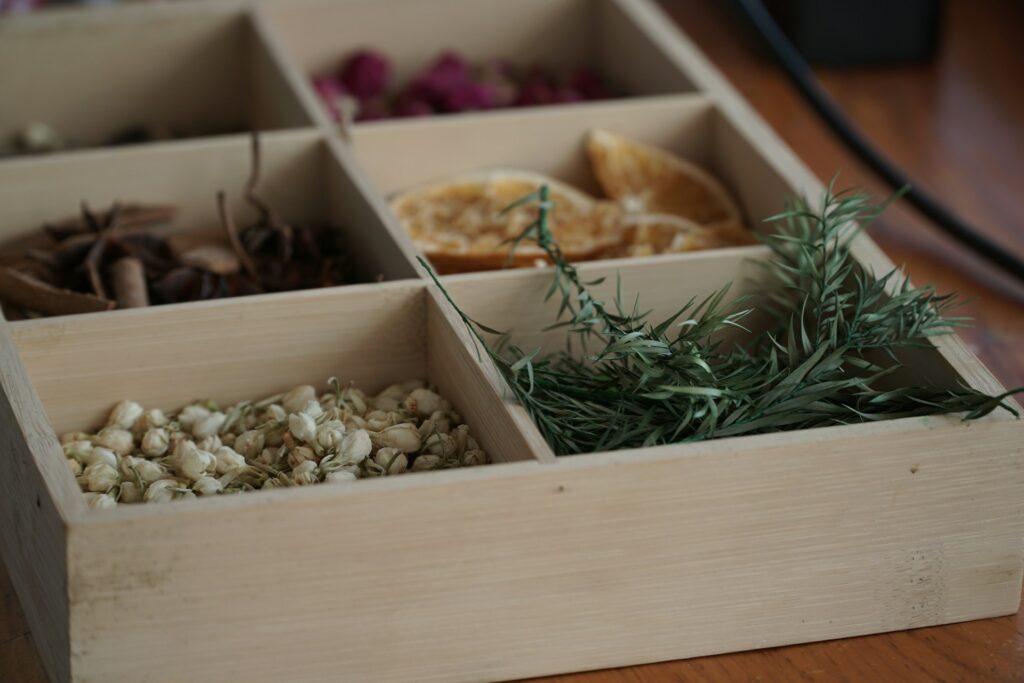
Why Not All “Natural” Herbs Are Safe to Eat
In today’s health-conscious world, herbal medicines are often seen as a safe alternative to modern medicines. They are all natural, come from plants, and have been used in traditional medicine for thousands of years. It’s true, though, that not everyone can use all natural herbs.
Herbs, like prescription drugs, have strong ingredients that affect the body. They can hurt you as well as help you if you use them wrong, too much, or by the wrong person.
Disproving the Myth That “Natural Means Safe”
Even though poison ivy comes from nature, it is very bad for people’s health. Some plants are the same way.
The power of plants: Some herbs are so strong that they work like prescription drugs.
Different herbs affect the body in different ways. A plant that helps one person may hurt another person a lot.
1. Reactions caused by herbal allergies
- Some people are sensitive to plant families and may have a bad reaction.
- Chamomile can cause allergic reactions in people who are sensitive to ragweed.
- In addition to rashes, symptoms can include itching, swelling, and even trouble breathing.
2. How herbs and drugs work together
- Herbs can interact with both prescription and over-the-counter drugs.
- St. John’s Wort is linked to a drop in the effectiveness of birth control and antidepressants.
- Ginkgo biloba increases the risk of bleeding into the bloodstream when taken with aspirin or warfarin.
- If these interactions are not found, they could be harmful.
3. The Significance of Age and Health Conditions
- Kids: They are more sensitive to active substances because their bodies are smaller.
- Older people may already be taking a lot of drugs, which makes it more likely that herbs will interact with them.
- People with long-term illnesses may find that certain herbs make their liver, kidney, or heart problems worse.
4. Problems with the Dose
- If it isn’t enough, it might not help at all.
- Too much could make you drunk or hurt your organs.
- Too much licorice root can raise blood pressure and lower potassium levels.
5. Risks of breastfeeding and being pregnant
- Some herbs can either get into breast milk or make the uterus contract.
- Pregnant women should not eat pennyroyal, mugwort, or aloe latex.
- Ginger is a pretty safe way to treat nausea as long as you don’t use too much of it.
6. Differences Between Herbal Products
- Problems with quality control: not every supplement is tested to see how pure it is.
- Teas, tinctures, and capsules all have their own strengths when it comes to potency.
- Contaminants: Some things might have pesticides or heavy metals in them.
7. Using too much and how it affects long-term health
- If you eat too much ginseng, you might not be able to sleep or your blood pressure might go up.
- Long-term use of kava has been linked to liver damage.
- You can safely eat turmeric, but taking a lot of it as a supplement could make your blood thinner.
How to Use Herbal Products Safely
- Before you start using new herbs, you should always talk to a doctor or herbalist first.
- Follow the instructions on the product label for the right doses.
- Buy from brands you can trust that have been tested by a third party.
- To keep an eye on responses, add herbs one at a time.
- Stop using it right away if you notice any bad effects that you weren’t expecting.
But just because something is natural doesn’t mean that herbal medicines are safe for everyone. Herbal remedies can be great tools for health and fitness. A person’s body, health, and the medications they are taking will determine whether a plant is good or bad for them. To use herbs in a healthy way, you need to know what you’re doing, be moderate, and get advice from a trained professional. You can get the benefits of plants without taking any unnecessary risks if you respect their power.

